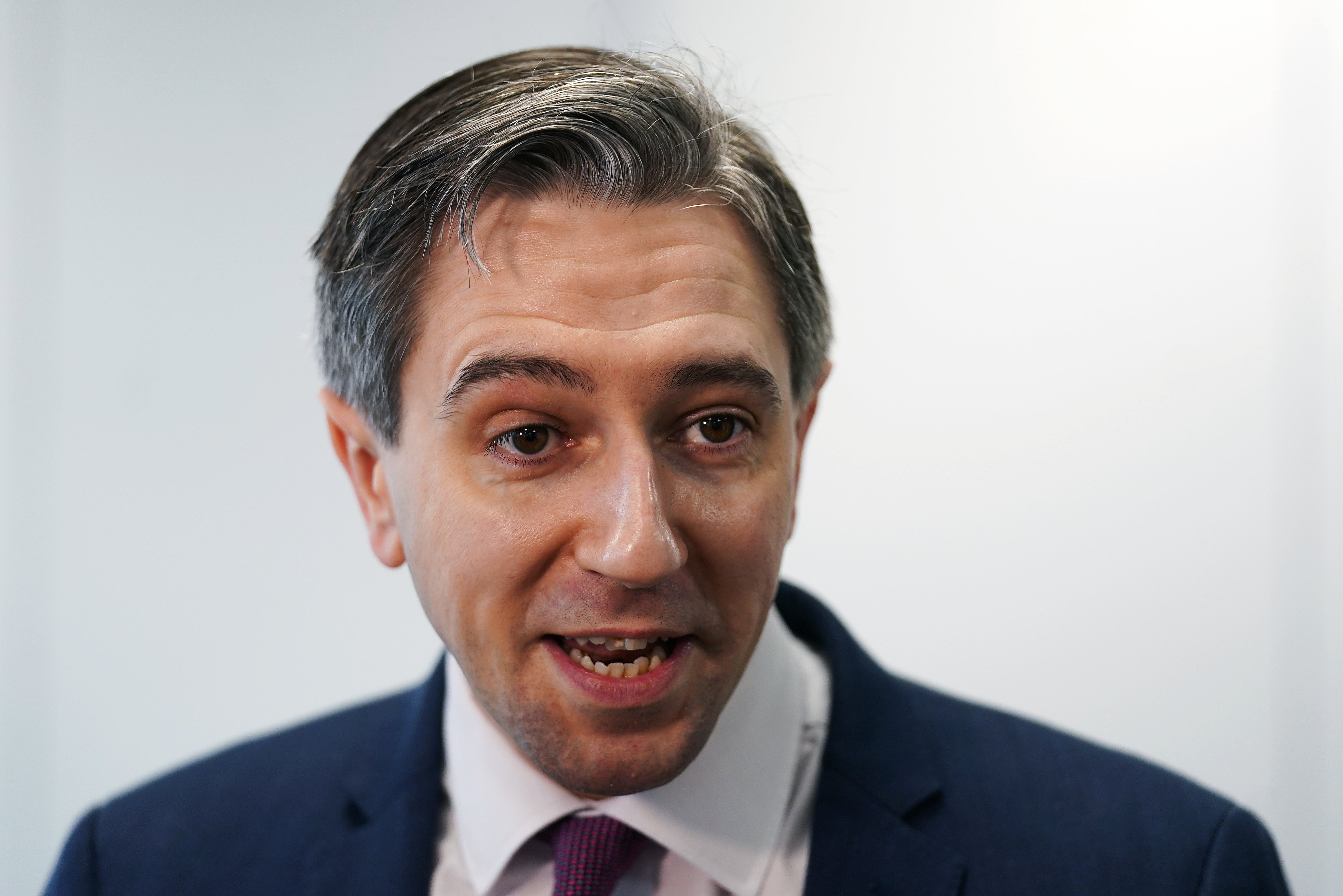‘Astonishing’ that Sinn Fein could appoint advisers with convictions – minister
A TD had indicated any ban on people with criminal convictions working as advisers in a Sinn Fein-led government would ‘depend on the circumstances’.

Your support helps us to tell the story
From reproductive rights to climate change to Big Tech, The Independent is on the ground when the story is developing. Whether it's investigating the financials of Elon Musk's pro-Trump PAC or producing our latest documentary, 'The A Word', which shines a light on the American women fighting for reproductive rights, we know how important it is to parse out the facts from the messaging.
At such a critical moment in US history, we need reporters on the ground. Your donation allows us to keep sending journalists to speak to both sides of the story.
The Independent is trusted by Americans across the entire political spectrum. And unlike many other quality news outlets, we choose not to lock Americans out of our reporting and analysis with paywalls. We believe quality journalism should be available to everyone, paid for by those who can afford it.
Your support makes all the difference.An Irish minister has said it is “astonishing” that Sinn Fein might allow people with criminal convictions to serve as government advisers.
Earlier this week, Sinn Fein TD Matt Carthy indicated that any ban on people with criminal convictions working as advisers in a Sinn Fein-led government would “depend on the circumstances”.
On Thursday, Education Minister Simon Harris said he was shocked that such a matter would even be debated.
He said: “The idea that we even have to say whether we think it is a good idea that somebody with a criminal conviction would be appointed by the government of Ireland to advise the government.
“I mean, would they be an adviser in the Department of Justice? Would they be an adviser in the Department of Defence? Would they be an adviser in the Department of Foreign Affairs?
“I think this is quite an astonishing thing, that the main opposition party, a party which wishes to lead the government of this country, is not willing to say clearly that it does not believe hiring people with criminal convictions to take up sensitive roles in government is something that should be ruled out.”
Mr Harris said he was confident that such issues would “weigh on the people of the country’s minds when they decide what form of government do they want, what policies do they want and the standards of people in that government and the people who advise them as well”.
He said special advisers are approved by the Cabinet and can have access to “sensitive information”.
Asked by reporters whether such an issue should still be relevant, more than 20 years after the Good Friday Agreement that ended the conflict in Northern Ireland, Mr Harris said it was not simply a case of “the past is the past”.
Speaking during a visit to the Guinness Enterprise Centre in Dublin, the minister said: “I’m more concerned by the future. And very concerned about the policies that would be pursued by an alternative government and also the individuals that would pursue those policies.”
He said it would ultimately be a matter for the public, when the next general election comes around.
Mr Harris said that despite the continued popularity of Sinn Fein since the general election in 2020, the outcome was not a foregone conclusion.
He said: “I think there will be a real clash of ideas, and clash of policies, and clash of perspectives and that’s healthy and the people of this country will adjudicate them.”